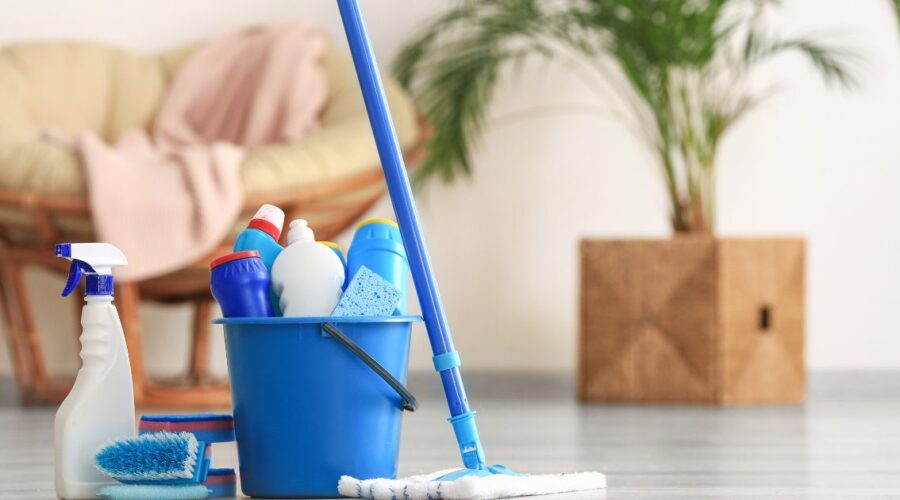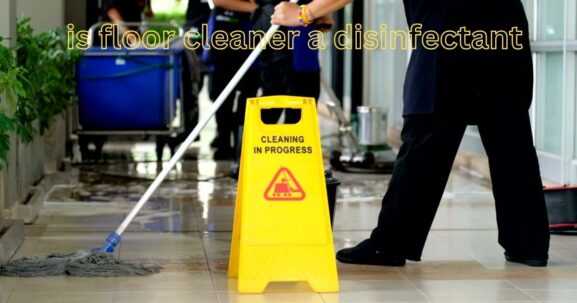Is Ammonia Good for Cleaning Floors? An In-Depth Exploration
When it comes to maintaining the cleanliness and shine of your floors, selecting the right cleaning solution is paramount. Among various options, ammonia stands out for its potent cleaning capabilities. This article delves into the benefits and considerations of using ammonia cleaning solutions for floors, offering insights into its use on different types of flooring, including hardwood and tile, and provides safety tips and comparisons with other cleaning agents like vinegar.
The Benefits of Ammonia for Floor Cleaning
Ammonia is a powerful cleaning agent known for its effectiveness in removing tough grime and stains. Its high pH level makes it an excellent choice for cutting through fatty acids and oils, leaving floors looking spotless. However, the use of ammonia is not universal for all floor types, and understanding where it excels can help in achieving the best cleaning results.
Ammonia Cleaning Solutions: What You Need to Know
- Hardwood Floors: While ammonia can be effective for cleaning, it’s crucial to approach hardwood floors with caution. Ammonia’s harsh nature may damage the finish of hardwood floors over time. It’s advisable to use diluted ammonia in small quantities and to always perform a patch test before full application.
- Tile and Grout Cleaning: Ammonia shines when it comes to cleaning tile floors and grout. Its ability to break down dirt and grime without leaving residue makes it a go-to choice for these surfaces. Ensure proper ventilation and dilution when using ammonia for this purpose.
- Diluting Ammonia for Floor Cleaning: The key to safely using ammonia is in the dilution. A general guideline is to mix one part ammonia with three parts water, adjusting based on the cleaning task’s requirements and the floor type.
- Safety Tips for Using Ammonia on Floors: Safety should always be a priority when using ammonia. Ensure the room is well-ventilated, wear protective gloves, and avoid mixing ammonia with bleach or other chemicals to prevent harmful reactions.
- Ammonia vs. Vinegar for Cleaning Floors: Compared to vinegar, ammonia offers a stronger cleaning solution for heavy-duty tasks. However, vinegar is a milder and eco-friendly option for regular cleaning and for surfaces sensitive to ammonia.
- How to Clean Floors with Ammonia: Begin by sweeping or vacuuming the floor to remove loose dirt. Apply the diluted ammonia solution using a mop or sponge, focusing on soiled areas. Rinse thoroughly with clean water and dry to prevent water spots.
In conclusion, while ammonia is an effective cleaning agent for certain floor types, it’s essential to use it wisely and cautiously. Always consider the floor material, ensure proper dilution, and prioritize safety to keep your floors sparkling clean without damage.
By understanding the strengths and limitations of ammonia for floor cleaning, you can make informed decisions that protect your flooring investment and maintain the beauty of your home.



